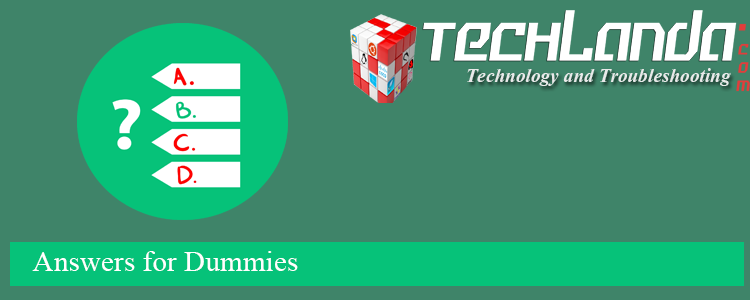Which cloud-based service offers the highest degree of integration?
Integration: The Cloud's Big Challenge
There's an elephant in the room. And that elephant is cloud integration.Although cloud evangelists are quick to point out the benefits of cloud computing technologies, enterprise leaders have identified integration as a major obstacle to successfully adopting and deploying Software as a Service (SaaS) and other web-based applications.
In a recent survey, nearly 90% of respondents claimed integration with existing systems to be a "common" or "very common" hurdle. While SaaS applications promise greater flexibility and lower costs, they also present new challenges to the enterprise: cloud integration. With the procurement of each new SaaS application, enterprise data becomes segregated into cloud silos, a problem exacerbated by the increasing number of vendors in the SaaS market and the ease of obtaining such services.
Integration, of course, raises another set of questions. The following points are worth keeping in mind when considering cloud integration solutions:
- Security: remains a concern for cloud users and is complicated by the challenge of integration. A cloud integration solution must be capable of authenticating and authorizing access to resources, both in the cloud and on-premises. Moreover, it needs to be able to encrypt and store data (particularly in a multitenant environment) and comply with different regulations such as SSAE 16. With the growing number of SaaS applications, mobile apps and social media services that need to access enterprise data, there must be a secure means of connecting the cloud to the enterprise without compromising the firewall.
- Flexibility and Scalability: Point to point integration solutions can provide basic SaaS to SaaS connectivity, but they are not sophisticated or flexible enough to handle more complex scenarios. Cloud integration solutions must be able to support a variety of integration flows moving in both directions across the cloud and enterprise and scale up as the number of endpoints increases.
- Management: For enterprise users, SaaS applications offer convenience and ease of use while shifting the burden of maintenance and upgrades to the provider. The trade-off, however, is that users have much less visibility and control over their SaaS applications, especially when it comes to integration. Cloud integration solutions should include rich monitoring capabilities in order to provide the visibility and control over information flows and other performance attributes currently lacking in SaaS applications.
- Open Platform: Some SaaS vendors have started to offer out of the box connectors to address the integration challenges of deploying a cloud strategy. Unfortunately, as many system administrators who tackled integration challenges during the pre-cloud era are likely aware, using an integration solution from an application vendor limits the ability of enterprises to freely choose and manage the IT solutions that best fit their needs. Ideally, cloud integration solutions should be open platforms that allow enterprises to easily migrate on or off and seamlessly integrate their applications and data.


0 comments:
Post a Comment